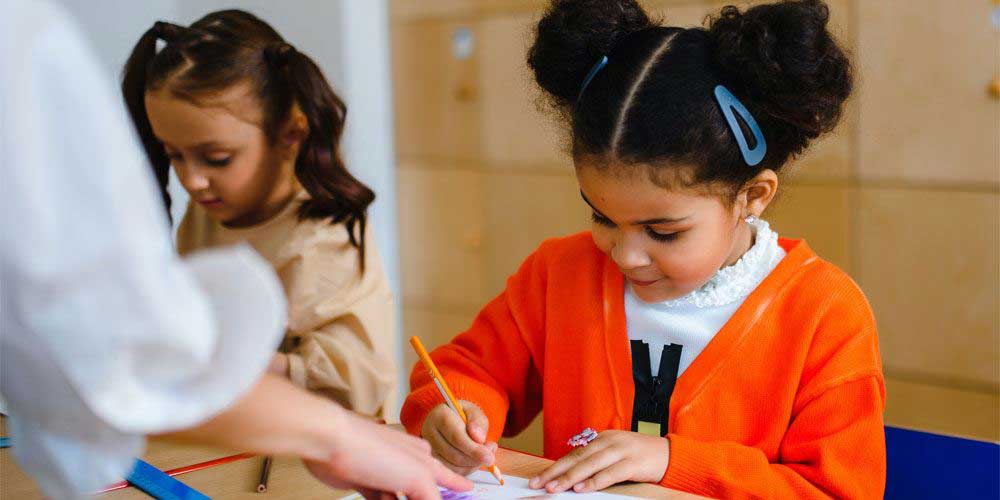How to Get Help for a Concern about your child
Families who have a concern about their child often feel overwhelmed as they search for answers. This guide addresses the three steps families should take when seeking help.
Step 1: Visit Your Primary Care Provider (PCP)Discuss your concerns (even behavioral ones) with your child’s PCP. Depending on your concerns, the PCP may:
| Step 2: Request a Help Me Grow or School EvaluationFamilies with children between birth and 36 months: Contact the Help Me Grow regional intake office or submit a referral request online. Families with children who are three years or older: Contact your child’s teacher or home school district to request an evaluation for special education services. | Step 3: Request a Private EvaluationYour child's PCP may refer you for a private evaluation with a mental health provider, speech-language pathologist, occupational therapist or other specialty provider. |
Not sure how to get started? Our Family Resource Specialists are available to help. For more information, just Ask Us! |
Step 1: Visit Your Primary Care Provider (PCP)When you share a concern about your child with your child's PCP, you can expect that he or she will:
Your child's PCP may also order a private evaluation or follow-up visits with a specialist. As the coordinator of your child's healthcare team, your child's PCP will help you to collaborate between these specialists and ensure that any treatment prescribed is working. For more information on this, see step 3. NOTE: In some cases, families may use a developmental pediatrician in addition to their child's PCP. Developmental pediatricians serve in a similar role, but are capable of working with more specialized providers. Even if you use a developmental pediatrician, your child should continue to have regular visits with his or her PCP. | What if I have a behavioral concern?Control over one's emotions is a developmental process. Just like some children are slower to walk, some children need extra time to learn impulse control, anger management and patience. Your PCP can refer you to a mental health provider (such as counselor or psychologist) to give your child the "emotional tutoring" they need to learn to manage their behavior. What if I disagree with my child's PCP?You can always get a second opinion from a different PCP if you don't agree with your PCP's recommendations. |

Step 2: Request A Help Me Grow or School EvaluationYou may be eligible to receive a free screening and services from Bright Beginnings/Help Me Grow or your child's public school district.
| Where can I learn more about special education in schools?The Ohio Department of Education's Guide to Parent Rights in Special Education provides information on your child's rights, the special education evaluation process and more. You can also access the Connecting for Kids School Services Resource Guide to find organizations, books and downloads recommended by local experts. |
Step 3: Request A Private EvaluationYour child's PCP may refer you for a private evaluation with a mental health provider, speech-language pathologist, occupational therapist, or other specialty provider.
| How do I know these appointments will be covered?
Your health insurance company may or may not cover the cost of specialist evaluations and services. We recommend that you check with your insurance company before your appointment. For other sources of funding, you can also check the Connecting for Kids How-To Guide for Funding Therapy. How do I choose a mental health provider to work with my family?Connecting for Kids offers a How-To Guide for Choosing a Mental Health Provider. This guide offers a side-by-side comparison of provider types and treatment options. |


